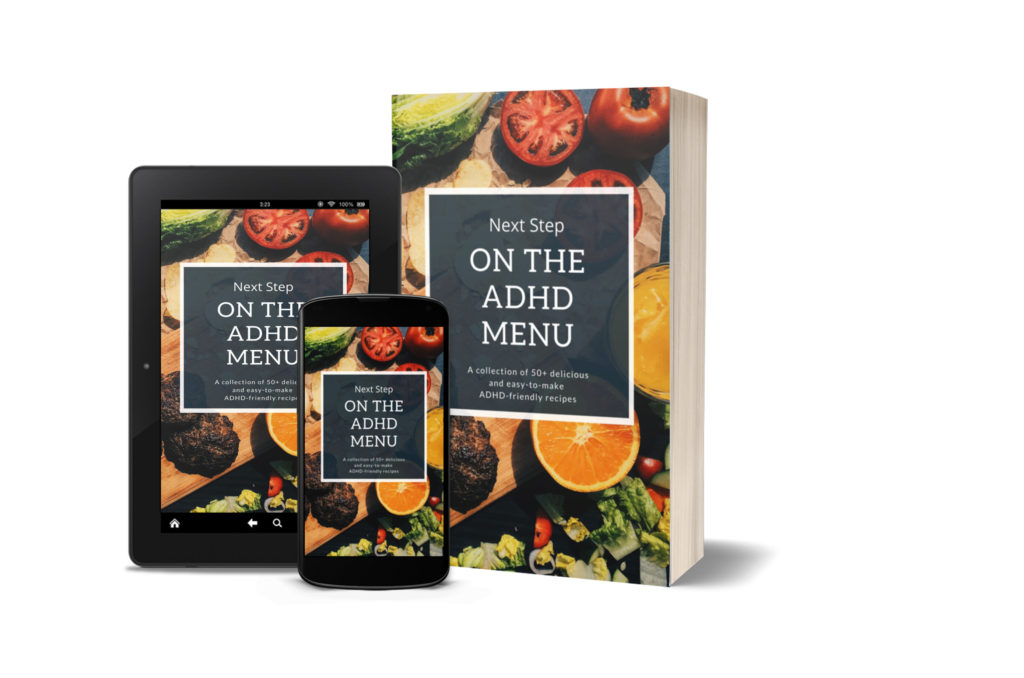
7 Brain Hacks to Sharpen Your Focus at Work
Maybe you’re struggling to focus during a 2-hour Zoom meeting? Perhaps you struggle to focus when your spouse is telling you about his or her day? In either case, the reality is that difficulty concentrating can impact your professional and personal life.
Difficulty paying attention is a common sign of ADHD. In fact, it’s one of the three main types of symptoms related to the condition: inattention, hyperactivity, and impulsivity. If you – or your child – are struggling with focus, we recommend that give us a call. With medication, therapy, and ADHD coaching, we can help you regain a laser-like focus.
In the meantime, you can also try these brain hacks to improve your focus at work.
Start the Day with Exercise
There are endless benefits of exercise, but the important thing to remember is that exercise isn’t just for losing weight – although it certainly helps! Exercise supports your cardiovascular system, your immune system, and helps reduce your risk of a myriad of diseases. Exercise also supports your mental health.
Exercise is good – so good – for your brain.
According to the experts at Cleveland Clinic, exercise:
- Supports your memory
- Improves blood flow to the brain
- Reduces stress hormones (cortisol)
Exercise also changes the structure of your brain! Whether your jogging on a mountain trail or logging a daily online HIIT class, exercise increases the thickness of the cerebral cortex. Exercise also helps your brain form new neural connections. Woohoo!
And here’s the best part? You don’t need to spend 5 hours in the gym each morning to score these perks. Simply working out for 150 minutes (per week) will sufficiently support your brain health and help you develop stronger focus during the day. That’s just 30 minutes per day!
Some fun activities include swimming, yoga, dancing, or cycling. As Certified Health Coach Pam Valdes says, “The best exercise is the one you do!”
Fuel Your Body
Perhaps you’ve heard that breakfast is one of the most important meals of the day? There’s a good reason for that. Breakfast helps you “break your fast” from overnight.
But skipping breakfast can take a toll on your ability to focus at work. Apart from the oh-so-distracting tummy grumbles, skipping breakfast can impact memory and concentration.
According to research, breakfast can give you the mental edge by helping to keep your blood sugar stable, boosting short-term memory, and sparking creativity. Researchers also found that those who eat breakfast are – on average – more productive throughout the day.

Over 50 ADHD-friendly recipes curated by Certified Health Coach Pam Valdes.
Need some new breakfast ideas to add to your menu? Grab your free ADHD-friendly recipe book here.
Don’t Skip the Good Fat
Fun fact: the human brain is made up of about 60% fat. This fact explains why consuming essential fatty acids (aka the good fats) is so important. Your brain needs good fats to function properly.
Walnuts, flax seeds, chia seeds, avocados, salmon, and eggs are all great ways to sneak some healthy fats into your diet to help your brain run smoothly.
Don’t Try to Memorize Your To-Do List
If you have 101 thoughts swirling in your head, it’s hard to focus on one of them – let alone all of them. To help you focus on one task at a time, write down your to-do list for the day.
What to do:
- Write each task, thought, idea, etc.
- Sort out the notes by things to do today, things to do tomorrow, things to do on a future date
- For today’s items, organize them by hour
Tip: Use a paper planner or an app – but don’t try to keep the ever-growing list in your head!
Eliminate Distractions
Distractions are one of the quickest ways to lose focus, but the problem is that distractions are everywhere.
- An iPhone buzzing to let you know you have new messages
- An alert on your computer telling you to check your email
- The commercials on your radio at work
With a deluge of distractions, it’s hard to stay on track.
The solution? Eliminate all pointless distractions.
Maybe this means that you turn your phone on airplane mode. Maybe this means you shut your office door while you’re working on a big project. Maybe it even means you remove social media apps from your phone.
Set Small Goals
Huge, life-changing goals are important. Graduating college, landing a dream job, moving to your dream house, starting a bakery in your hometown. These are all big – and worthy – goals.
But don’t overlook the importance of small goals. They are the stepping stones to reach your big goals.
Staying focused on a 10-year (or even 2-year) vision isn’t easy. Setting small, attainable goals can help you keep focused on what’s important to you. (This applies to goals at work and in your personal life too!)
If your big goal is to land a big promotion at work, your mini-goals can include updating your resume or meeting with a mentor at work. These mini-goals are essential for your big picture, and they help you stay focused at work. Accomplishing your mini-goals can set yourself up for success later.
Not to mention, reaching these milestone goals also impacts your brain. When you reach a goal (whether it’s a big one or a mini one), your brain registers success – and that triggers the “reward mechanism” i.e., a flood of dopamine.
Count Those Sheep

Nothing can put you in a daze faster than less-than-stellar sleep. Sleep deprivation can zap your ability to focus at work – and it can also cause increased irritability, daytime sleepiness, and headaches.
Adults need to aim for 7-9 hours of sleep each night, but children need more. Check out this chart to see if you’re getting enough.
| Newborn | 0-3 months old | 14-17 hours |
| Infant | 4-11 months old | 12-15 hours |
| Toddler | 1-2 years old | 11-14 hours |
| Preschool | 3-5 years old | 10-13 hours |
| School-age | 6-13 years old | 9-11 hours |
| Teen | 14-17 years old | 8-10 hours |
| Young Adult | 18-25 years old | 7-9 hours |
| Adult | 26-64 years old | 7-9 hours |
| Older Adult | 65 or more years old | 7-8 hours |
Are you getting enough sleep? If not, check out our article on sleep hygiene to learn strategies to catch more Zzz’s.
What If These Tips Aren’t Enough?
Mastering your focus at work isn’t always easy. Your brain needs the right fuel, enough sleep, a well-balanced diet, and reduced stress levels. However, if you’re implementing these strategies and still struggling with sleep, an ADHD assessment can start you on the path towards the right treatment. Here at Next Step 4 ADHD, we rely on a multimodal approach to help you manage your ADHD symptoms. Medication, therapy, and coaching can help you overcome your challenges – and thrive!
To learn more about your options, give us a call at 1-800-503-ADHD . You can also request an appointment easily using our online form.
Related Posts
Focus Music? Here Are 5 Spotify Playlists to Promote Focus
Last November, we wrote about the benefits of music and how classical music can...
10 Strategies to Strengthen Your Relationship with Your Child
Are you tired of nagging your child? Do and your child squabble over unwanted...


